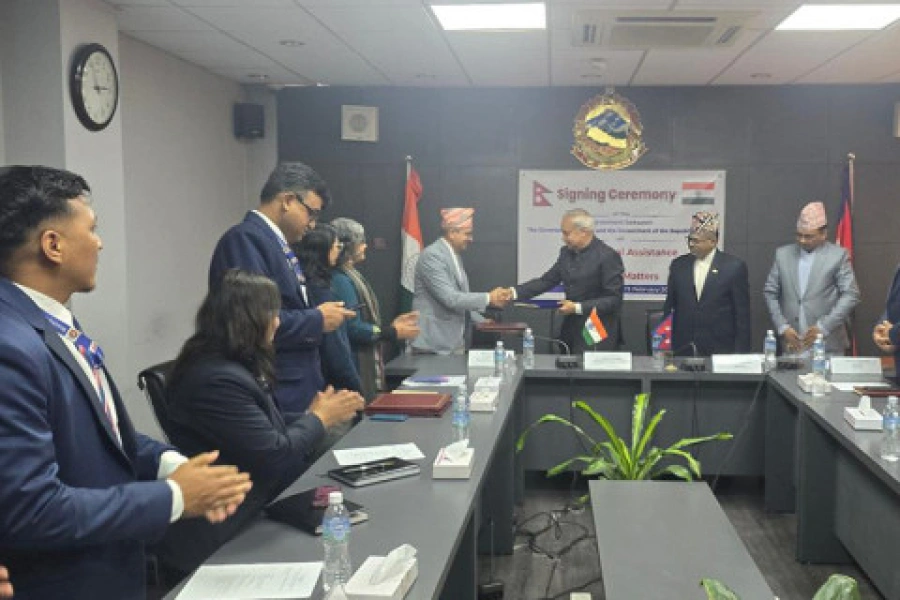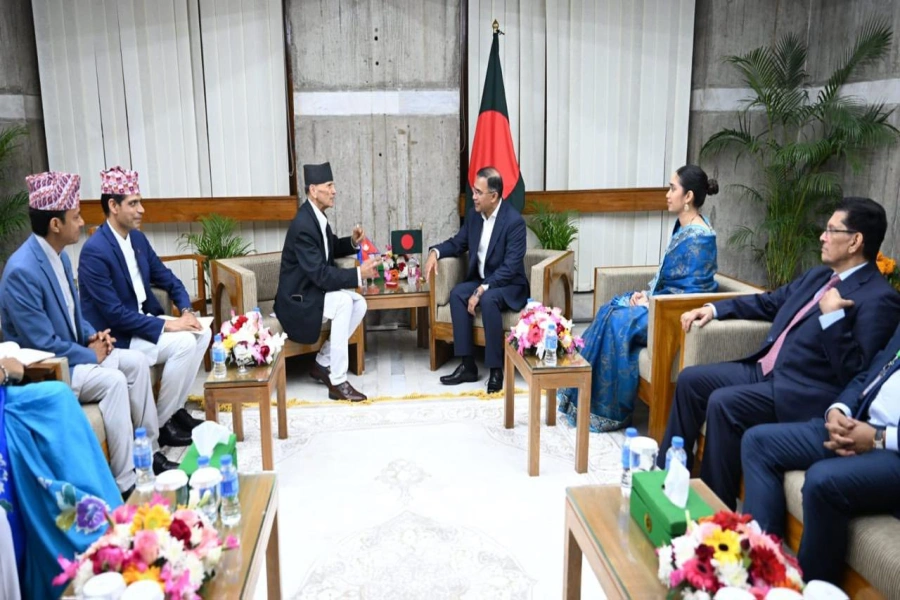Thirteen years ago on November 21, Nepal’s political parties made a breakthrough in peaceful resolution of the armed insurgency launched by Nepal Communist Party (Maoist). The parliamentary forces, in the face of repression by the direct rule of the King, stood together to extend hands with warring Maoists. The Maoists responded positively, and together with the parliamentary forces, launched agitation to unseat over two centuries old monarchy and to pave the way for federal democratic republic. The Comprehensive Peace Accord (CPA) that was signed between the Maoist party and the parliamentary forces laid the groundwork for establishing Nepal as a federal democratic republic. In between, many agendas of peace process—integration of Maoist combatants into Nepal Army and promulgating constitution through the elected Constituent Assembly in particular—have been materialized.
Let’s live in peace and embrace diversity

The outcomes are there for us to see. The country is firmly on the path of implementing and institutionalizing the federal system. We have functioning governments in seven provinces, 753 local bodies and a federal government at the center. Current state of anomalies in various sectors coupled with lack of accountability among the political leaders may have eclipsed the achievements of Nepal’s peace and constitution process. But these are no small feats. Thirteen years down the line, however, the most vexing issue of transitional justice is staring at our faces. In fact, Nepal’s transitional justice process has made no headway. Instead, there are fears and concerns among the victims, international community and human rights bodies that the government might not be able to provide justice to thousands of victims of war-era crimes, and voices for justice may not be heard. Thus, on this front, ruling Nepali Communist Party and the main opposition Nepali Congress need to work together to take the transitional justice process to a logical end.
But as things stand, there is no sign of TJ process being resolved any time soon. For one, Truth and Reconciliation Commission (TRC) and Commission on Enforced Disappeared Persons (CIEDP) are headless since April this year. The government’s attempt to appoint new officials in these bodies, including the chief commissioners, has not materialized. Victim communities have expressed doubt that officials might be appointed on partisan basis, rather than merits. They have been accusing the government of not making proper consultation with them in appointment process. Even some of the candidates who applied to work in these commissions have withdrawn their applications citing political interference. Transitional justice bodies were created too late in the first place—in 2015. And in four years, TRC and CIEDP could not do more than registering the complaints of the victims. It is obvious that TRC and CIEDP could not function well mainly because the successive governments failed to amend the transitional justice act in line with a 2015 Supreme Court ruling and Nepal’s international obligations as a party to various international human rights instruments. This has made justice elusive to the victims, drawing concerns from wider body of international community over Nepal’s delay in settling cases of rights abuses during the conflict. As the country is marking the 13th anniversary of CPA, it is time for the political parties, especially the ruling party, to review where and how they failed on transitional justice process and ensure that victims are delivered justice without delay. Thirteen years have passed since the CPA. Conflict victims have waited long for justice. They should not be made to wait further.







































